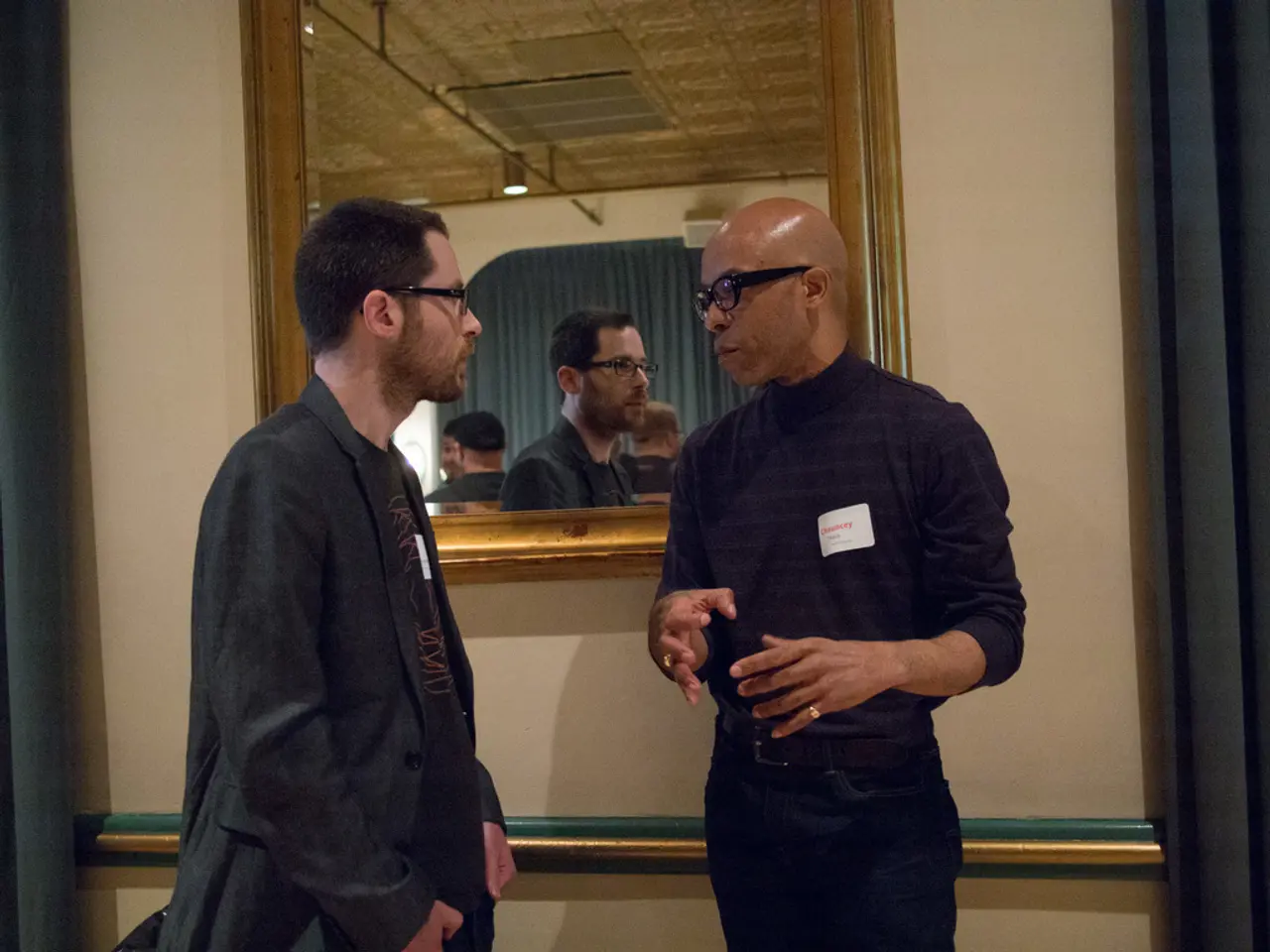Workers' safety from ionizing radiation risks will be reinforced with a new directive proposal by the Commission.
The ongoing dispute within Germany's coalition government, comprising the SPD and CDU/CSU, over the election of a judge to the Federal Constitutional Court has escalated due to political and ideological conflicts surrounding the SPD’s candidate, Frauke Brosius-Gersdorf.
Brosius-Gersdorf's nomination faced opposition from the CDU/CSU faction primarily due to her liberal views on abortion, support for compulsory COVID-19 vaccination, and advocacy for banning the far-right AfD party. These differences led some CDU/CSU MPs to refuse support, despite the parliamentary judicial committee's initial approval and attempts by the leadership to persuade their own faction [1][2][3].
The controversy was further fuelled by a smear campaign accusing Brosius-Gersdorf of plagiarism related to her doctoral dissertation, led by far-right media and amplified by the AfD. The opposition from conservative MPs and the AfD's strong denunciations effectively prevented the two-thirds majority required to elect her, forcing the Bundestag to postpone the vote and later prompting Brosius-Gersdorf to withdraw her candidacy to avoid a coalition breakdown [1][5].
The consequences of this disagreement are far-reaching:
- The postponement of the election for three judges to the Federal Constitutional Court, leaving vacancies unfilled and potentially impacting the court's function [1][2].
- A strain on the governing coalition (SPD-CDU/CSU), creating political tension that could affect future cooperation and governance stability [1][5].
- Public and media discourse highlighting the growing politicization of judicial appointments in Germany, drawing comparisons to the more overtly partisan judicial nomination battles seen in the U.S., raising concerns about the independence of the judiciary [4].
- The controversy shows the influence of far-right groups like the AfD on mainstream politics, as their campaign effectively shaped CDU/CSU MPs' voting behavior, placing pressure on the coalition from the right wing [3].
The withdrawal of Brosius-Gersdorf's candidacy leaves the coalition facing a new problem: finding the necessary two-thirds majority in the Bundestag for their candidate's election. The SPD is calling for more reliability and loyalty from their coalition partners, the CDU and CSU, and has demanded a seat at the table for future judge elections in the Bundestag, as well as the right to propose candidates [6].
In a letter to his members, SPD faction leader Matthias Miersch wrote that the CDU and CSU must now commit to the rules of government [7]. The Rhineland-Palatinate Minister President and Vice-Chairman of the Federal SPD, Alexander Schweitzer, has expressed hope that this is clear to everyone, particularly Federal Chancellor Friedrich Merz [8].
The Federal Minister of Justice, Stefanie Hubig (SPD), has expressed concern about the loss of talented and qualified candidates, especially female ones, due to campaigns [9]. Ines Schwerdtner, Left party leader, criticized the federal government for the events surrounding Brosius-Gersdorf, while Ralph Stegner of the SPD called Brosius-Gersdorf's withdrawal a victory for the far-right and criticized the Union [10]. Stegner wants the Union to publicly signal that they understand the gravity of the situation and avoid relying on AfD votes in the future [11].
The Union faction rejected talks with the Left, whose votes might be needed, and Schweitzer has expressed hope that this is clear to everyone, particularly Federal Chancellor Friedrich Merz [8]. The election of Potsdam law professor Brosius-Gersdorf and two other candidates for the Federal Constitutional Court was postponed due to resistance in the Union faction against the SPD candidate [12].
Brosius-Gersdorf herself has criticized parts of the media and cited statements on abortion and a possible vaccine mandate during the corona period as reasons for her withdrawal [13]. The Union faction leadership could not guarantee the support promised to the SPD [14].
The current impasse underscores the challenges facing democratic cooperation in Germany and raises questions about the future of the coalition and the independence of the judiciary.
The ongoing dispute over the election of a judge to the Federal Constitutional Court, set against the backdrop of policy-and-legislation, politics, and general-news, has caused a strain on the SPD-CDU/CSU coalition and created tension that could impact future cooperation and governance stability. The resignation of Brosius-Gersdorf's nomination due to opposition from the CDU/CSU faction, as well as a smear campaign led by far-right media and the AfD, has left the governing coalition facing difficulties in finding a two-thirds majority in the Bundestag, highlighting the politicization of judicial appointments in Germany.





